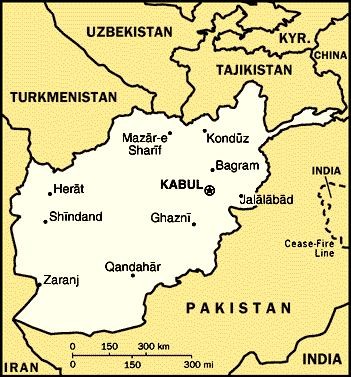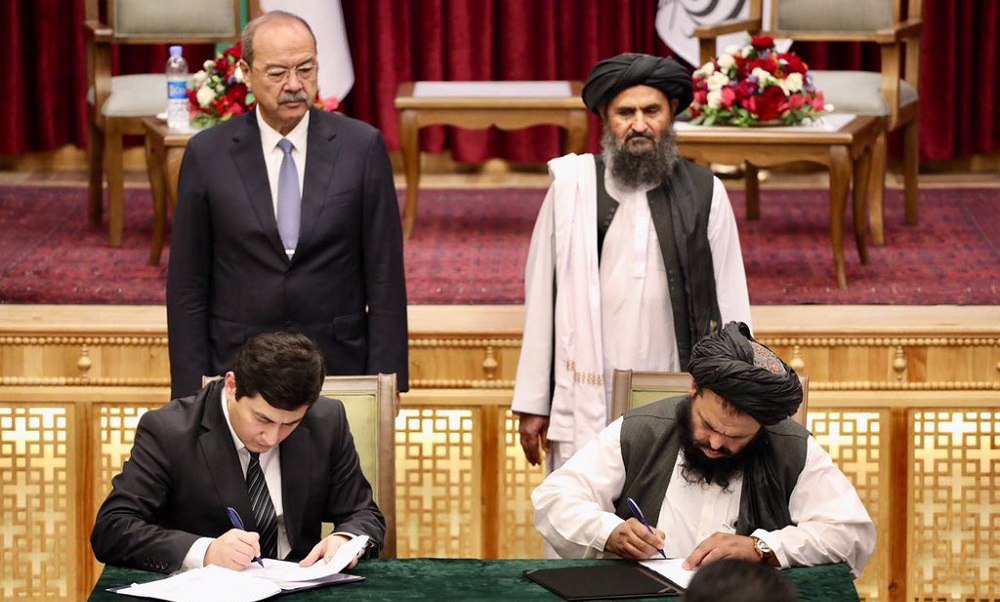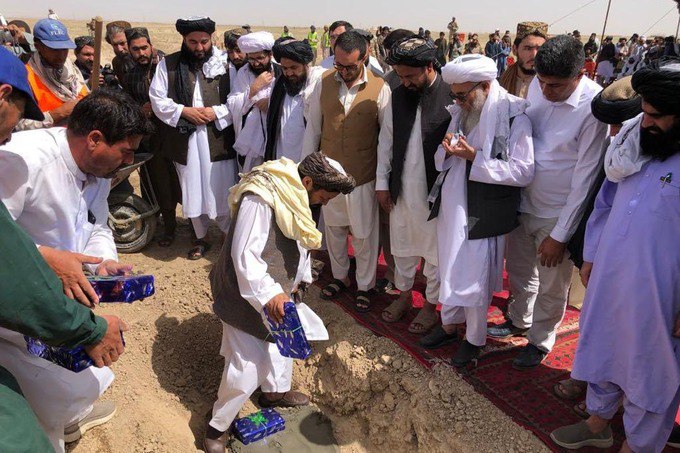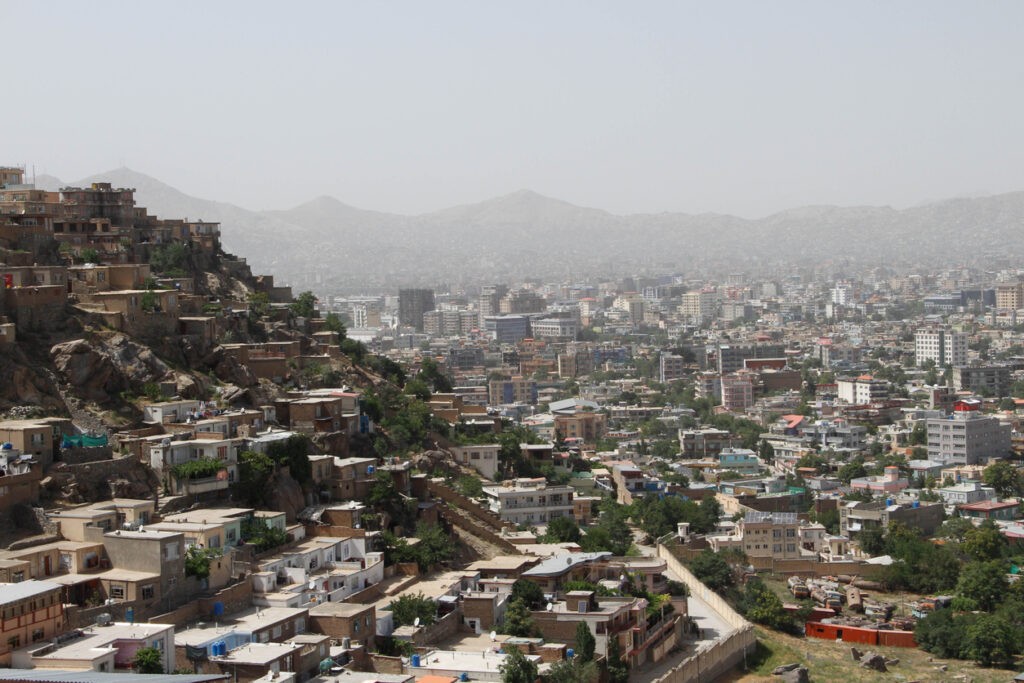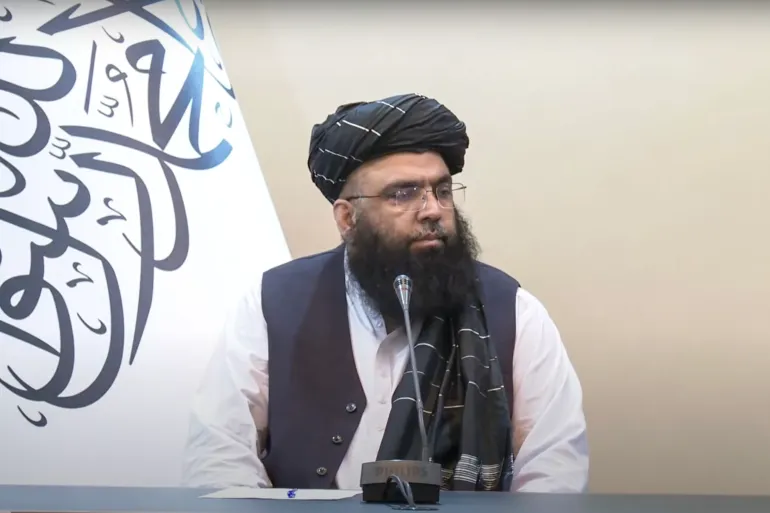KABUL (TCA) — The late Taliban leader Mullah Mohammed Omar lived near a U.S. base in southern Afghanistan for years, a new book claims. Searching For An Enemy, by Dutch journalist and writer Bette Dam, says the fugitive leader never hid in Pakistan as was believed by U.S. and Afghan officials, RFE/RL reports.
Dam spent five years researching and interviewing Taliban members for the biography, which was published in Dutch last month.
A summary of the findings was published in English by the U.S.-based Zomia think tank.
The Taliban was in power in Afghanistan from 1996 to 2001, when the group was toppled by a U.S.-led invasion, and has waged an antigovernment insurgency since then.
A $10 million bounty was put on Omar’s head after the September 11, 2001, terror attacks in the United States that killed nearly 3,000 people.
According to Dam, Omar lived in Zabul Province’s capital, Qalat, until 2004, when U.S. troops began building Forward Operating Base (FOB) Lagman, just a few minutes’ walk from his hideout.
Omar then moved to Shinkay district, and the United States soon afterward started building FOB Wolverine just 5 kilometers away.
At the peak of the war, the base housed more than 1,000 troops from the United States and its NATO allies, but Omar did not move.
Omar could not run the Taliban group from his hiding places, but he is said to have approved a Taliban office in Qatar, where U.S. and Taliban negotiators have been holding peace talks in a bid to end the 17-year war in Afghanistan.
Dam managed to speak to Jabbar Omari, the man who effectively became Omar’s bodyguard when he went into hiding.
Omari, who is now in the custody of Afghanistan’s spy agency, said the Taliban leader died from illness on April 23, 2013.
A spokesman for Afghan President Ashraf Ghani, Haroon Chakhansuri, “strongly rejected” the book, tweeting: “We have sufficient evidence which shows he lived and died in Pakistan. Period!”
The Taliban confirmed Omar’s death in 2015 after Afghan intelligence revealed that the militant leader had died in a hospital in the Pakistani city of Karachi.
